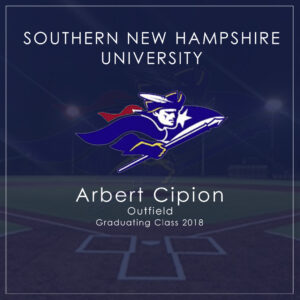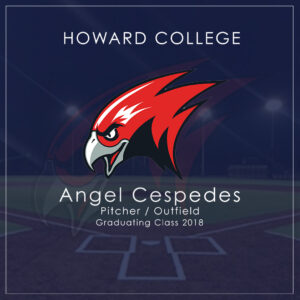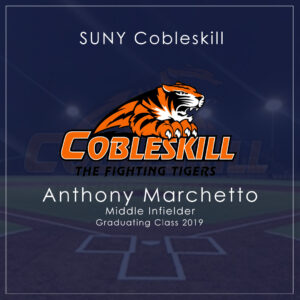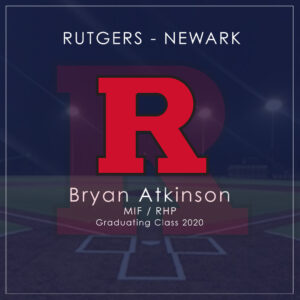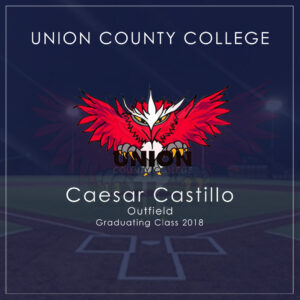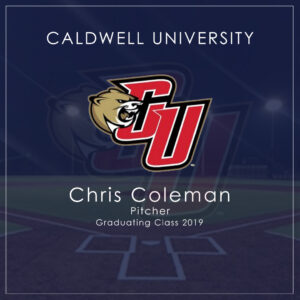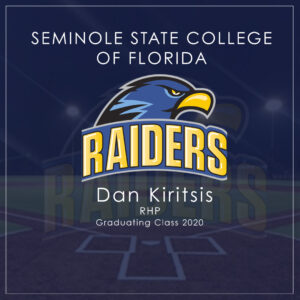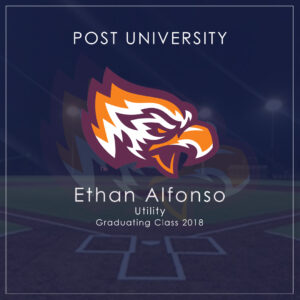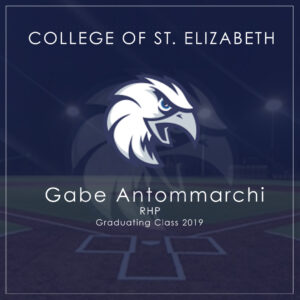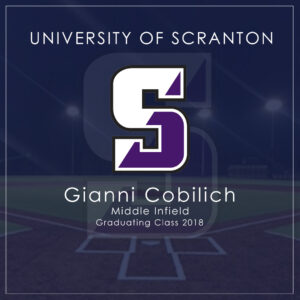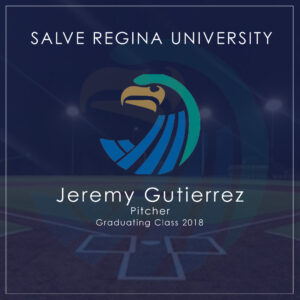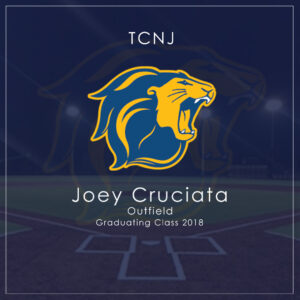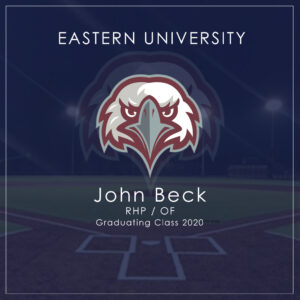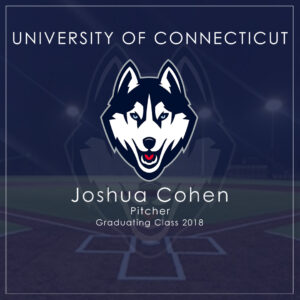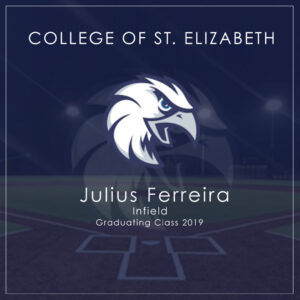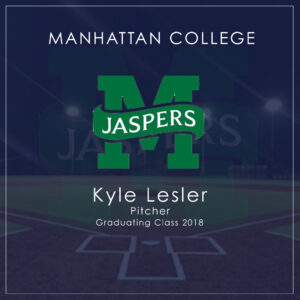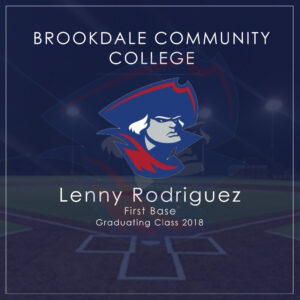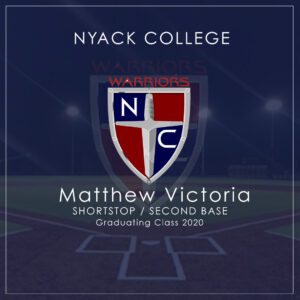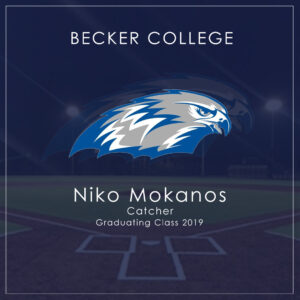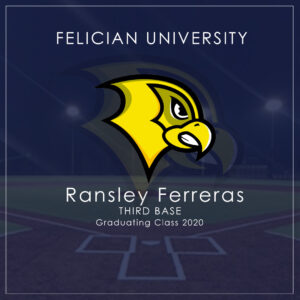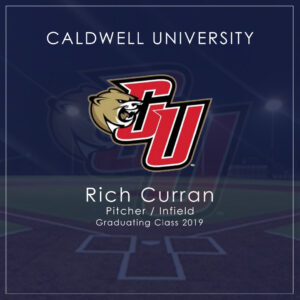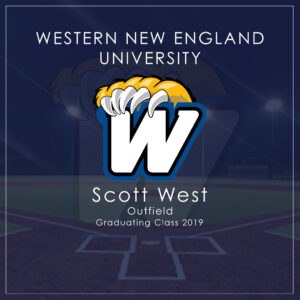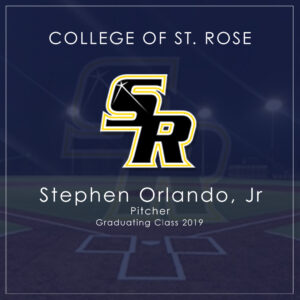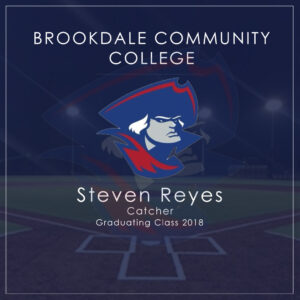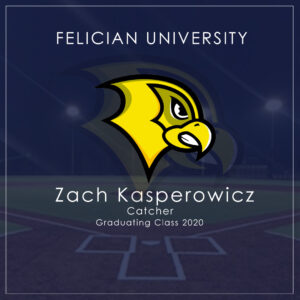About PRIME Recruting & Advising
This is a partnership between PRIME, the player and the players’ parents. We create a proactive plan rooted in ownership, accountability, dedication, advocacy and realism is critical for success.
Program Details
Each player will have a dedicated recruitment coordinator focused on finding appropriate college opportunities for each athlete enrolled in the program. Each athlete will receive:
- Self-guided questionnaire to assist in identifying colleges and creating your college list
- Build-out of a comprehensive player profile (i.e. video and resume)
- Templated coaches’ communications & emails, to ensure best practices are utilized
- Regular promotion on website, LinkedIn, YouTube, Twitter, Instagram, Youth Prospects, Press Sports
- Mental skills training
- Assist in the creation of a proactive action plan with parents & players
- Regular out-reach to coaches
- We will have coordinators working on your recruiting placement based off of our evaluations and professional scout evaluations in conjunction with your college list
- Assist in getting exposure at showcase events and tournaments
- Monthly meetings on your son’s recruiting process (i.e. How to approach coaches, NCAA Eligibility)
- MLB Draft guidance where appropriate
- Three recruiting profiles through Field Level, Sports Recruits and Press Baseball
- Access to 1,000s of college coaches and for certain players, professional scouts
Timeline of the Recruiting Process
Freshmen and Sophomores in high school aren't always thinking ahead to college yet, and that's understandable. But if your son has any interest at all in the possibility of pursuing a college playing career, the process needs to begin early. We will create a roadmap for you, identifying his strengths and areas that need more work. We will create a training plan with benchmarks so you know where he needs to be by the end of sophomore year. We will identify appropriate showcase events to help him gain confidence and become more comfortable with the recruiting process. And if your son has true Division 1 potential, athletically and academically, coaches will be interested in watching their progress, even as early as 14 years old. Most D1 programs and coaches secure their recruiting classes while the players are still early in their High School Careers so it's never too early to start preparing.
Junior Year is the sweet spot. This is when most players make the commitment to really prepare themselves for college, both academically and athletically. It's a very important year all around and we will help navigate all the different pieces of that journey. Things move quickly at this stage, so it's important to follow the training plan and get active with outreach to coaches. And don’t worry if you're a Senior and make a last minute decision to pursue a college career. We have had lots of success with players who came to us later in their journey. One of the things we’ve learned the most through the years is that if you want to play, there’s a school somewhere who needs you. Let us help you find that match. We have also worked with countless transfer students looking to move from a Junior College to a 4 year school, or a Division 3 school to a D2 or D1 school.
Committed School List
- TCNJ
- UCONN
- UMBC
- Manhattan College
- Brookdale Community College
- Post University
- Salve Regina University
- Union County College
- Howard College
- Becker College
- Plymouth State University
- Georgetown University
- Felician University
- Eastern University
- Rutgers Newark
- Alvernia University
- Pace University
- College of St. Elizabeth
- Caldwell University
- College of Saint Rose
- Western New England University
- University of Scranton
- Desales University
- Southern Maryland College
- LSU - Shreveport
- Dominican College
- Rowan College at Gloucester
- SUNY Cobleskill
- Nyack College
- Bergen Community College
- Union County College
- Fairleigh Dickinson University (Teaneck)
- Southern New Hampshire University
- Seminole State College of Florida
Plus many more contacts all over the country from D1-D3, JUCO and NAIA Schools.
Partnerships with Collegiate Summer Leagues for our College Players
MLB Organizations
Tips for Maximizing the Off Season
There are a number of ways you can use the off season to your advantage, especially when it comes to reaching out to college coaches. Stay prepared to play while getting on the radar of schools you’re interested in by following these 10 tips.
- Develop and refine your target list of schools. Use tools provided by your guidance department, or just start searching on Google for schools that have the major(s) you’re interested in, the location you’re looking for, the size and type of school that interests you, and that have a baseball team.
- Do your research on the school’s athletic program. What conference are they in? How many freshmen are currently on the roster? How many seniors? How many are at your position? What other schools are in the conference that may be of interest to you as well? What does the average player at each school look like (height, righty/lefty, weight, etc.)?
- Next it’s time to research the coaching staff. What does the head coach’s resume look like? Where have they been previously? How many assistant or volunteer coaches are on staff? How long has this staff been together?
- Once the research is done, prepare an email for outreach and write down some talking points for a phone conversation.
- Keep your skills and your mental focus sharp so when the season starts, you’re ready. Make sure your grades don’t falter. Coaches always ask about grades. In fact, it’s usually the first thing they ask.
- Take care of yourself. Eat, sleep, workout, repeat. Try to stick to a regular routine, even though it’s not the routine you’re accustomed to. Make a plan and do it. Every day.
- Journal. And this doesn’t have to be some long-form, poetic piece of work. Journaling is a way to brain dump things floating around in your head and get them down on paper. Then you can start to sort out through the noise what’s important to you. Your long and short term goals. And don’t forget to write down one thing each day you’re grateful for.
- Learn through observation. There is no shortage of video content these days and you should use this time to consume valuable pieces of content relative to what your goals are. You can watch some incredible games on YouTube. You can search all sorts of drills and throwing programs. The “classroom” side of baseball is often overlooked, yet is so incredibly important.
- Connect with your friends. It is really important to maintain relationships with teammates during the off season. Foster team chemistry, and schedule time to get together.
- And finally, stay involved in the community, however you can. Coaches love to see student athletes involved in community events and activities. Find ways to help by contacting religious organizations and other non-profits and get involved with something that suits your personality and sparks interest.
Ready to find out more?
Drop us a line today for more information on our robust recruiting and advising services including payment options and a la carte services such as Professional Scout Evaluation.

